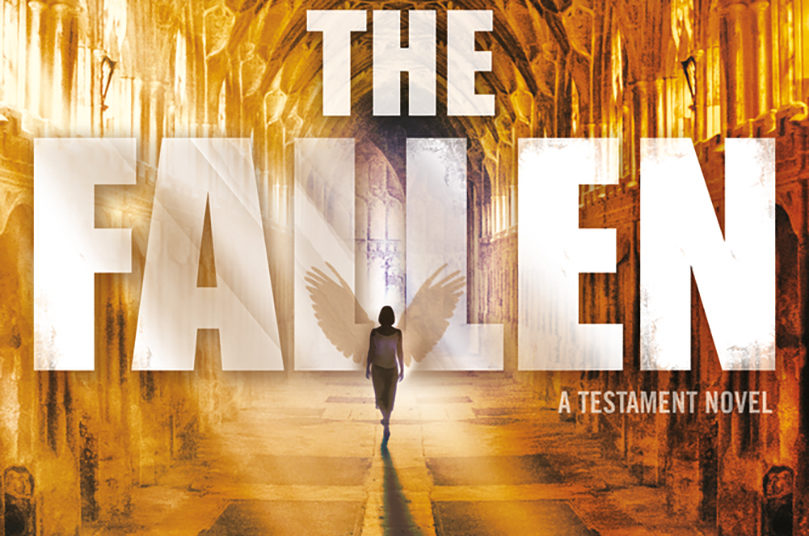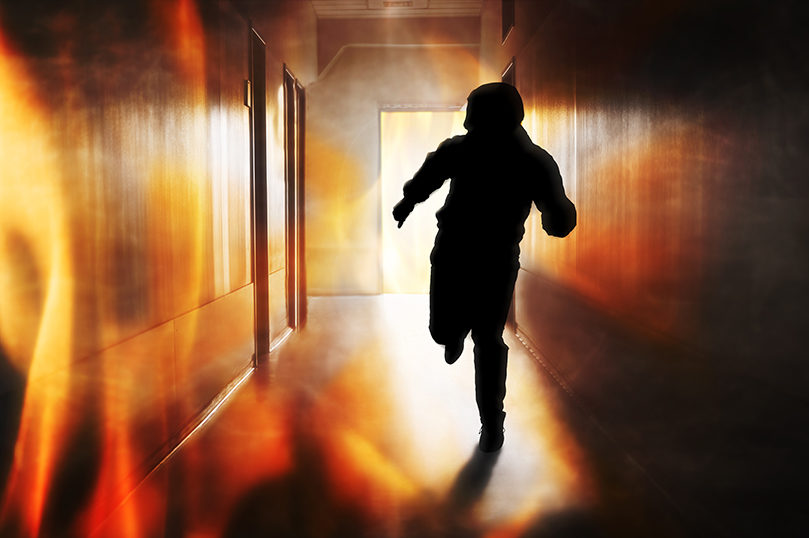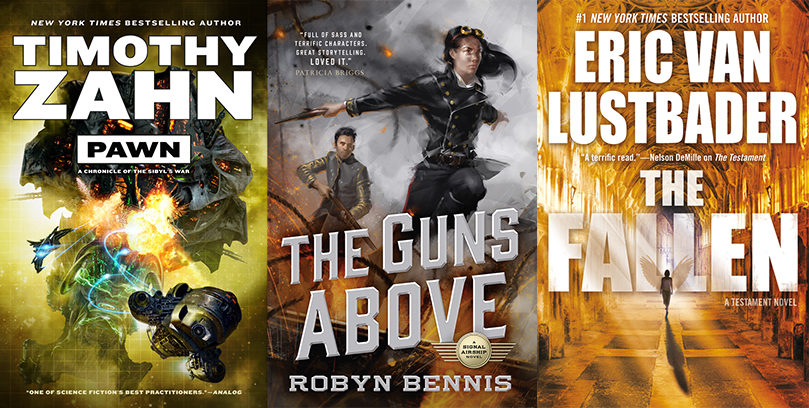
$2.99 Ebook Deal: The Fallen by Eric Van Lustbader
The ebook of The Fallen by Eric Van Lustbader is now on sale for just $2.99!

The ebook of The Fallen by Eric Van Lustbader is now on sale for just $2.99!

Blood pumping, heart racing, mind busy — these fast-paced thrillers will keep you warm (and distracted) during the freezing weather of winter!

New from Timothy Zahn, Robyn Bennis, Eric Van Lustbader, and more!

In the sequel to his internationally bestselling The Testament, Lustbader delivers a new trilogy that explores religion, politics, and civilization. The Fallen will be available May 2nd. Please enjoy this excerpt.